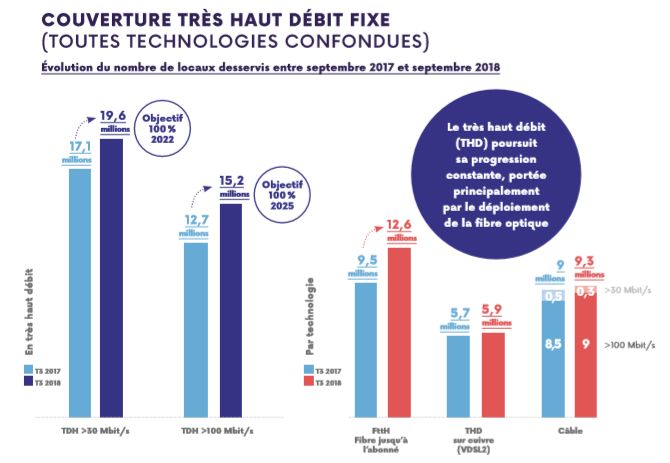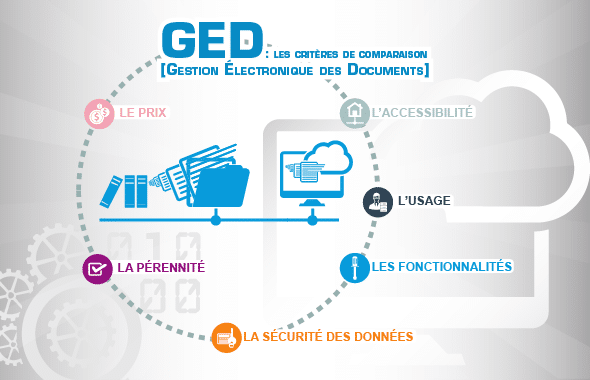In the context of Industry 4.0, SMEs are seeking to optimize their quality control processes through the integration of advanced digital technologies. This conceptual study highlights the digitization priorities that include digitalization of forms and data analysis, enabling increased efficiency while meeting modern standards. The main opportunities and challenges related to the adoption of these new technologies are explored, with particular attention to leverage points and potential barriers. By embracing this transformation, companies can not only improve their operational strategy but also prepare for increased competitiveness in the market.

Table des matières
ToggleDigitization Priorities in SMEs
SMEs play a vital role in the global economy, and their transition to Industry 4.0 is crucial to remain competitive. By adopting advanced technologies, these companies can optimize their quality control processes through digitization. This involves integrating artificial intelligence, digital twins, and the Internet of Things to ensure accurate and continuous tracking of production. As technological maturity sets in, the digitalization of quality 4.0 becomes not only an advantage but a necessity to meet market demands.
Technological and Organizational Challenges
The adoption of technologies such as artificial intelligence and digital twins presents considerable challenges. Companies must not only invest in these innovations but also adapt their internal organization to fully leverage these tools. The obstacles to overcome include data management, security, and integration into existing systems, as highlighted in this analysis on Industry 4.0. Moreover, increased automation may raise concerns among employees, necessitating proactive management of organizational change and appropriate training programs to support the transformation.
Despite these challenges, the opportunities are immense. By implementing robust digital systems, SMEs can expect an acceleration of their digital transformation, a concept explored in the context of the accounting revolution. Reducing human errors, enhancing predictive analysis capabilities, and improving responsiveness to production issues are tangible benefits of such an approach.
Future Perspectives and Opportunities
Advancements in collaborative platforms and the modernization of infrastructures pave the way for a new era for SMEs. The role of secure industrial systems is crucial for the development of more effective and reliable quality control processes, as detailed in this study on digital maturity. The security of connected infrastructures is a priority for creating a digitally healthy production environment.
“`




